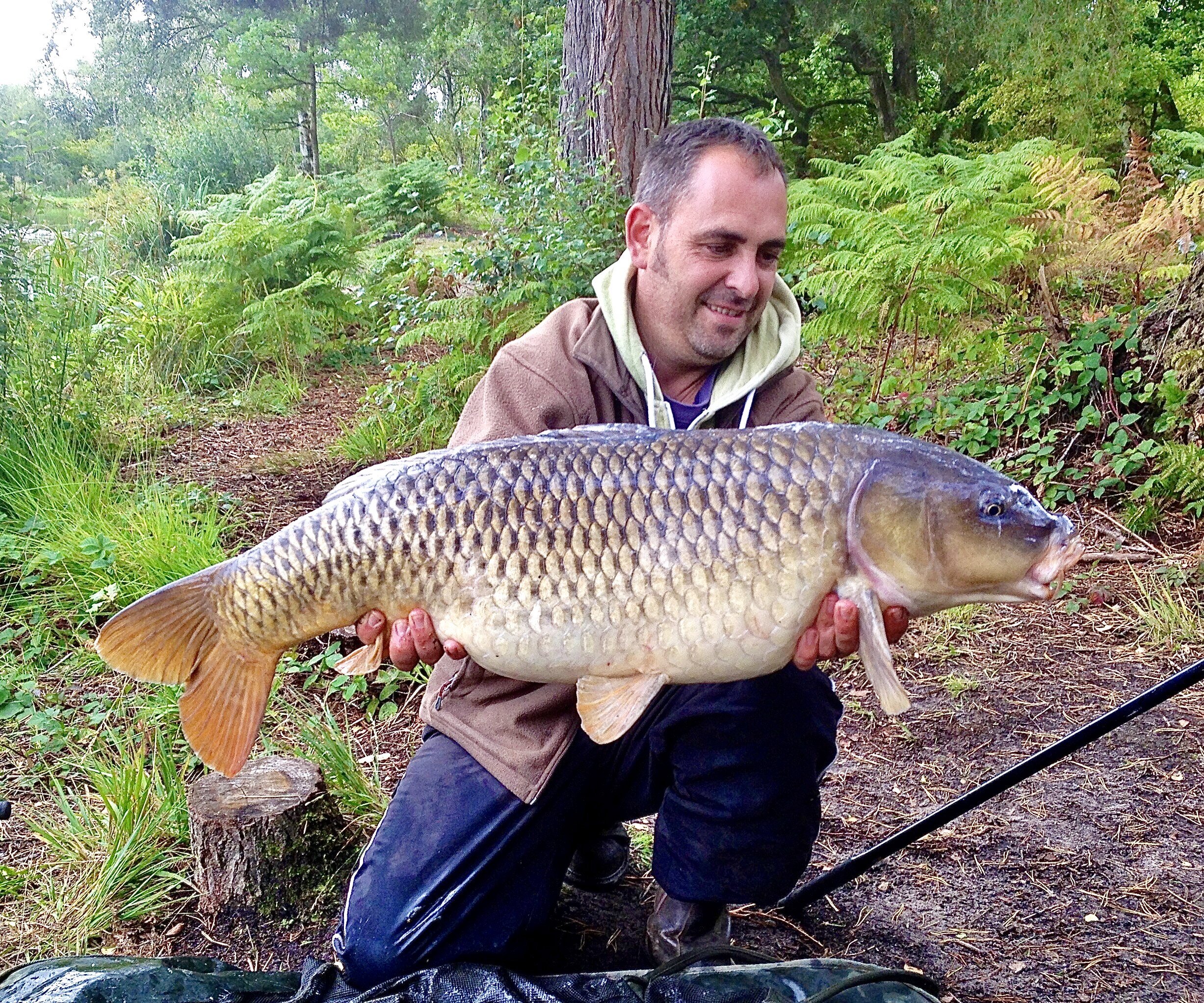Fishing safe at Cotswold Water Park
NATURAL England has assured anglers that fishing will continue at Cotswold Water Park despite its new status as a Site of Special Scientific Interest.
The announcement was welcomed by anglers who had concerns for fishing on the park’s 177 lakes.
Dan Garner of South Cerney AC told us:
“NE told us the SSSI status won’t make any difference to fishing and fears about a closed season being enforced have also been put to bed.”
Fishing will continue on the Cotswold Water Park despite the new SSSI status
Angling club set to lose their historic carp
MEMBERS of a Hampshire club lake are running out of ideas to save their beloved carp after plans were set in motion to dispose of the fish to encourage the growth of rare underwater plants.
Oakhanger AC’s Shortheath Pond contains an estimated 100-150 carp between 10lb and 30lb, but Hampshire County Council has now ordered the club to remove them on behalf of Natural England because they’re preventing the plants from thriving on a lake that falls within a Site of Specific Scientific Interest.
One of the carp that potentially could be killed as a result of the decision by Natural England
The club’s committee have an opportunity to fund a health check for the carp so they can be moved, but lifelong Oakhanger member Kevin Charman believes it could be a little too late…
“Natural England is contracted to remove the carp in early 2021 but there’s a high chance these fish won’t pass the health check,” Kevin said.
“Even if they do, the EA won’t allow us to transfer them into the club’s other carp water, as it isn’t landlocked.
“It’s heartbreaking to think that the carp I’ve known for the last 40 years will end up being buried in the ground, but that’s the reality we’re facing if nothing changes soon.”
Shortheath Water is set to lose its carp
Plans to bring back the burbot...but should we?
Can you imagine having a new coarse species to target in our rivers?
That improbable scenario took a step closer this month after Natural England revealed plans to reintroduce burbot to Britain’s waterways.
Resembling a cross between a cod and a catfish, burbot were once native to British waters, but 50 years ago they became extinct after falling foul to increased agricultural and metal pollution. Now though, with England’s rivers in a healthier state, these predatory fish are set for a comeback under a pilot scheme that’s set to be rolled out once sufficient funding of £80,000 has been raised by the Norfolk Rivers Trust, which is coordinating the new initiative.
Natural England’s Dave Ottewell said:
“Great efforts have been made to restore our freshwater environment, rectifying some of the historic damage inflicted on these complex systems.
“The successful restoration of these habitats has led us to a position where we can realistically look towards the reintroduction of this recently lost species into its native range.”
Angling Times columnist, Rob Hughes, was keen to voice his skeptisism of this reintroduction, he said:
“Forgive me for being cynical, but our waterways are already under a significant amount of pressure, especially from predators.
Zander are being removed as we speak, but now there is talk of introducing a new species that likes snacking on silvers. The mind boggles!
We need some sense to be shown here, and surely we should be looking at priorities. Get the rivers right, then think about the ‘optional extras’. I mean, how much money is going to be spent re-establishing something that is either going to get eaten, or alternatively will eat other things that quite frankly we haven’t got many of anyway? Surely stabilising and strengthening the aquatic environment should be the number one priority for all of us?
Wildlife groups, anglers, government and conservationists all have their own personal agendas, often at odds with one another, but ultimately it’s the habitat and ecosystem that matters to all of them. Now there’s a point of common interest we should all be working towards.”




